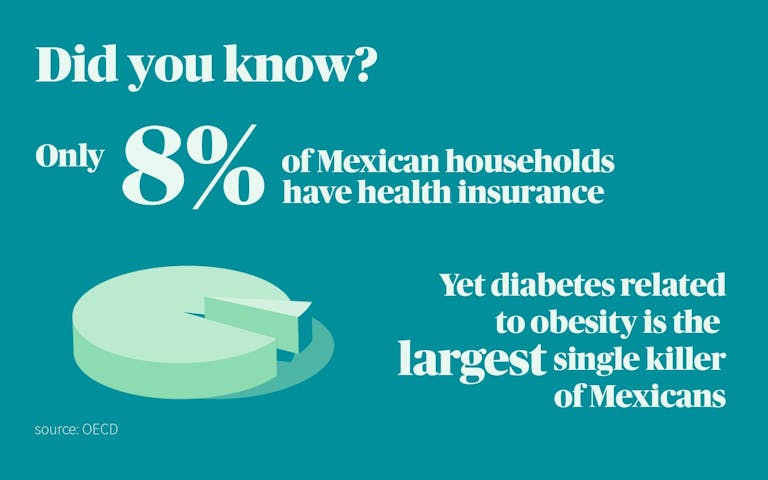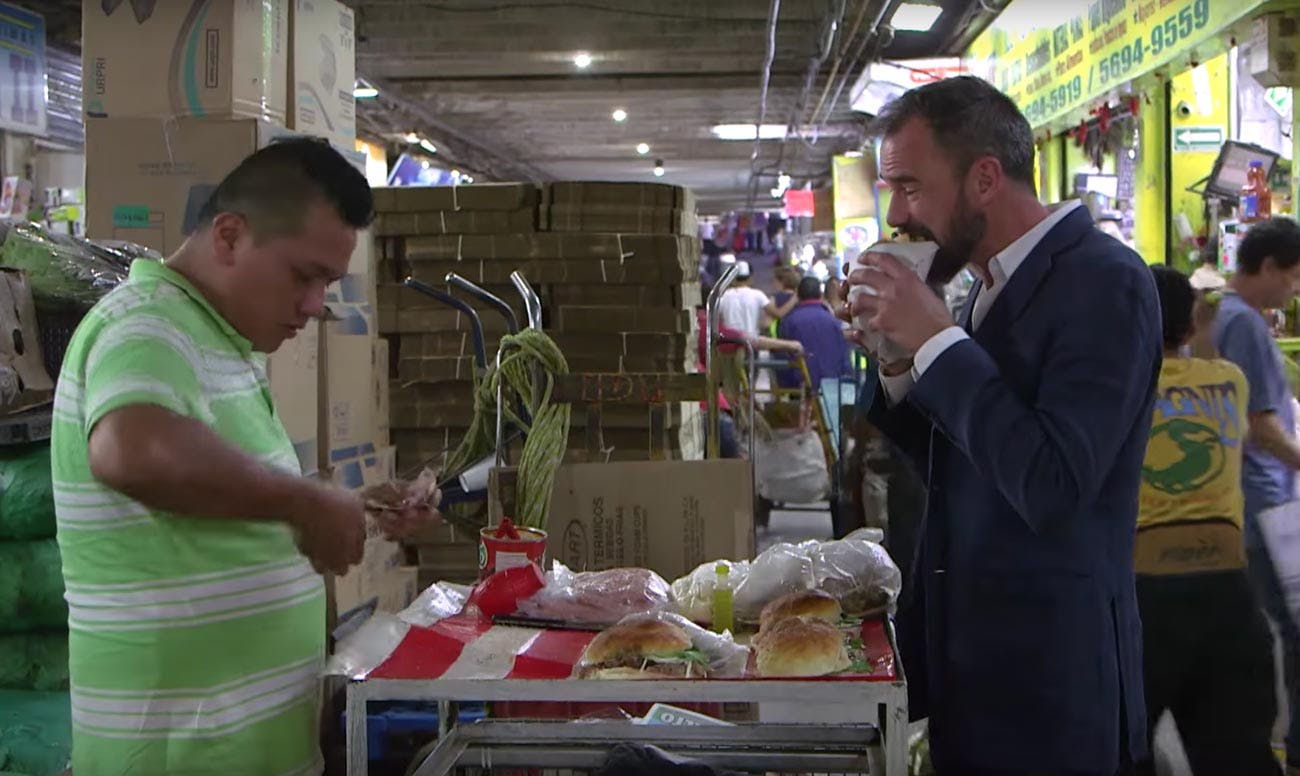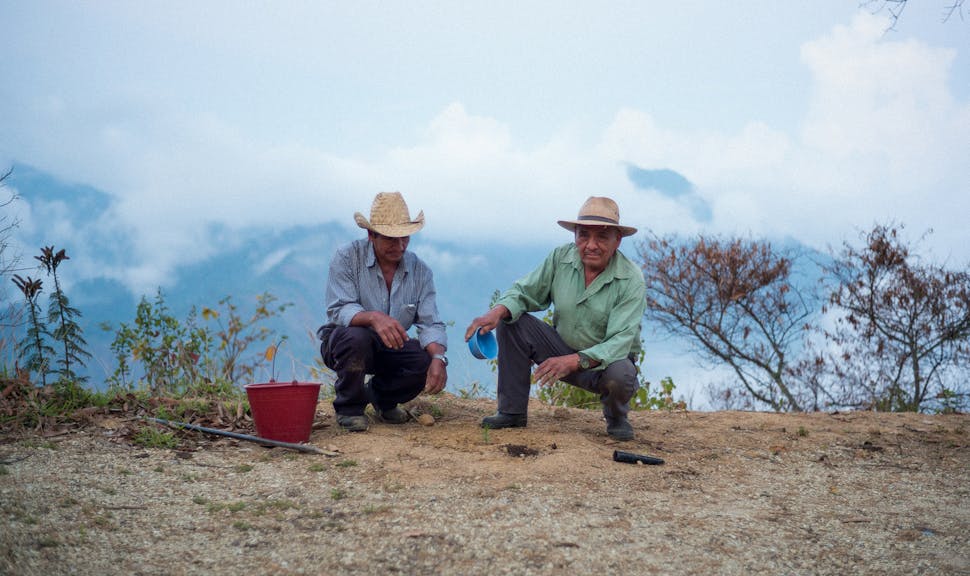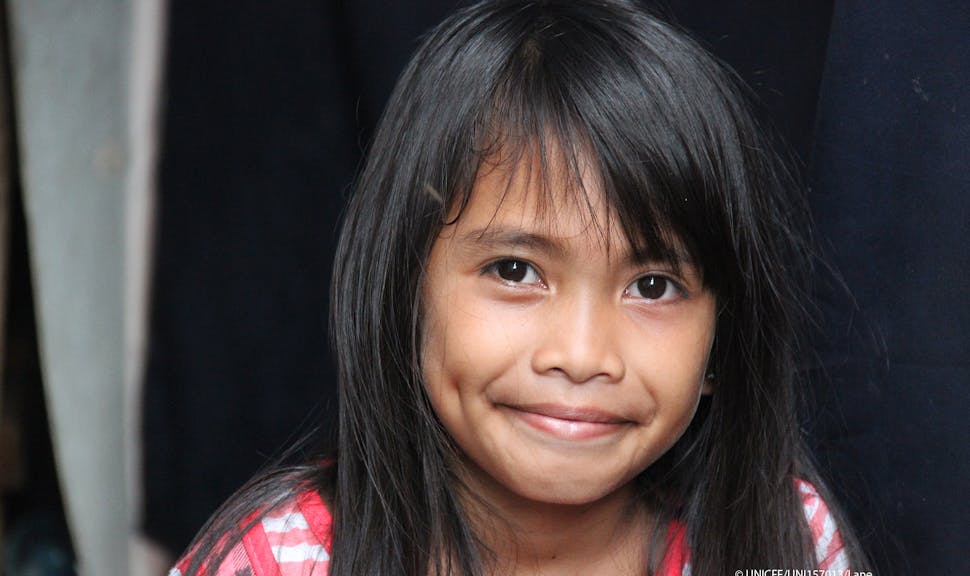
Noel EyresNext Stop Presenter
May 30, 2018
Eat, Drink and be Sedentary: obesity’s strain on Mexican healthcare
Next Stop Mexico Part. 2
5 minutes
Maybe it was the bowl of Mezcal they served me at the beginning of the meal that had made me braver (I was given no choice in the matter, though I was happy to drink it) but I had no trepidation when it came to tucking into the unusual dish in front of me. Looking like chubby rice grains in a creamy sauce, escamoles seemed innocuous. Apart from a few childish hangovers (no pun intended) regarding certain fruits, I’m quite adventurous when it comes to new culinary experiences.
So when my Mexican colleagues invited me to a restaurant serving traditional Mexican cuisine, I was delighted. Nonetheless, this was my first time eating ant eggs and I really didn’t know what to expect. As it happened, cooked in butter and with a slightly nutty flavour, it was delicious. My taste buds were going to be pleasantly surprised throughout my stay as I experienced dishes of meats served with delicious chocolate mole sauce, salad powdered with sweet and spicy Chipotle chilis, fried stuffed peppers, varieties of frijoles and a myriad of different corn- or wheat-based flat breads.

Good grub: a tasty dish of escamoles and guacamole
Mexicans are rightly proud of their cuisine. With staples of beans, avocado, chilis and slow cooked meat, traditional food here is rich, varied, nutritious and pretty balanced.
Saturating on Sodas
Nonetheless, health in Mexico is deteriorating: non-communicable diseases account for 77% of total deaths, of which Diabetes accounts for 14% of the total, and Cardiovascular diseases another 24%. Obesity kills more than tobacco, alcohol related deaths or blood pressure.
And the country has one of the highest rates of youth obesity worldwide. At over 34%, they’re near epidemic.
There are many explanations for this degradation in health, including more sedentary lifestyles and sociocultural traditions or beliefs leading to overfeeding, but the main culprit is the changing eating habits. Mexicans are eating less traditional dishes made from fresh ingredients and far more commercial products and fast food, high in saturated fat. And far too much sweet drinks.

Obesity rates took off with the shift to processed food in the 1980s following transnational food industry accords, notably with the US, making grain and sugar-heavy foods more affordable and more available. At around the same time the soft-drink industry began making huge commercial inroads, with local manufacturing sites and massive adverstising, making some well-known beverages more accessible and cheaper than potable water.
Industrial food and sodas are now not only the main source of Mexican’s very-high calorie diet, but part of the fabric of society: it is common for very young children – barely infants – to be given sweet soda drinks even for breakfast, and it is even included in some religious ceremonies.
This problem is compounded by lack of activity. Kids in Mexico – as elsewhere around the world – are spending far less time than previously burning off the excess calories of their sugary intake. More hours are spent in front of screens and as society becomes more urbanized, children walk less and there are often not enough places such as parks or playgrounds for them to play in. Safety is another factor, with parents reluctant to let their children out in the first place as some areas are just too dangerous.
This huge health risk has an effect on public finance which in turn reduces competitiveness and productivity. This problem will only be exacerbated with children taking up so much of the growing obesity curve. At the current rate the financial and public health damage may be unsustainable.

Covering 210 acres and representing 80% of the city’s consumption, Central de Abastos Market is Mexico City’s main wholesale and retail market for produce and other foodstuff and is the world’s largest of its kind.
All of this is modifiable with the right policy, based on good eating habits and exercise. But it’s difficult to oppose or change habits which are gaining ground so quickly they are becoming ingrained.
Among those who are most suffering from the negative effects of this dietary degradation are diabetics. Obesity and Type 2 diabetes are intrinsically linked as you have five times as many chances of suffering from Type 2 diabetes if you are obese than if you are at a normal weight. To help this a new kind of solution had to be found.
Mexican obesity statistics 2017
Mexico ranks as the most obese country in the world in adult obesity
Weighing in on obesity-related diseases
So that’s why, after my intense day of on-location reporting on the post-earthquake rebuilding in the Southern state of Oaxaca, I had jumped back on the little turboprop to head back to Mexico City. I wanted to speak to someone from AXA Mexico’s head office about the efforts being made to help remedy the rampant health problem that is diabetes. Santiago Fernandez, EVP General Insurance Health and P&C, was the man. He started by explaining that people with diabetes were considered a non-acceptable risk for all insurance companies, even for conditions not directly related to the disease.
Until now, that is.
At the end of 2017, AXA Mexico launched the first health insurance for Diabetics sufferers. Collaborating with a Mexican startup they found a way to monitor the progression of the disease and successfully control it through medical protocols. Entitled Life DBTS, this life insurance not only protects diabetics, it also accompanies them in their treatment and offers exclusive medical services.
Helping the policyholders to control their disease makes it feasible to cover the risk, and by doing that, offer protection to a specific niche of the Mexican population that historically was unable to be insured. Designed exclusively for people already diagnosed with Diabetes, the only condition for policyholders is that they stick to their treatment.
In case of death of the policyholder, as a result of their diabetic condition or any other reason, including accidents, beneficiaries receive the insured sum contracted. Policyholders also have access to assistance services for clinical control, diabetes monitoring and medical advice.
Focus on the Hacer para nacer
program
AXA Mexico’s Deputy Director for Public Affairs & Social Impact, Diana Zamora Bonnet explains the Hacer para Nacer program to help mothers and newborns, and reduce childbirth mortality among poorer populations:
This is a great solution in a country with such high rates of obesity-related diseases. Yet still more needs to be done to protect Mexicans in the light of such wide-ranging health issues. Whilst in Mexico City, I took the opportunity to speak to Daniel Bandle, the CEO of AXA in Mexico. The importance, he outlined, is not just providing simpler and more accessible insurance products for a population unaccustomed to protecting themselves, but in educating the population. This needs to be achieved with the public sector.
Although the government has made inroads in reducing exposure to junk food by introduced higher tax on sodas and passing regulations on advertising, banning the promotion of junk food on TV at times when children are watching, these efforts can be an uphill struggle. Not only are these products almost inextricably present and entrenched in the Mexican way of life, the huge private companies that sell them also have huge influential power and persuasive strength, so many attempts – at national or regional level – at slowing down or reversing the sugar-laden band wagon are hampered.

So AXA also needs to be very active in convincing Mexican individuals and the government of the need for obligatory health insurance, auto insurance and catastrophe insurance if it wants to reduce these high risks they are exposed to.
It is gaining traction and progress is being made which should alleviate some of the strain on the Mexican Health system. Which in turn means that the government can redirect more funds to education campaigns which should help mitigate the effects of these risks that Mexicans need to protect themselves against.
In the meantime, as I finished my delicious meal in downtown Mexico City, I could only hope that Mexicans regain a taste for their traditional fare rather than the ubiquitous industrial food and drinks that have spread worldwide. And raise another bowl of Mezcal to that.



